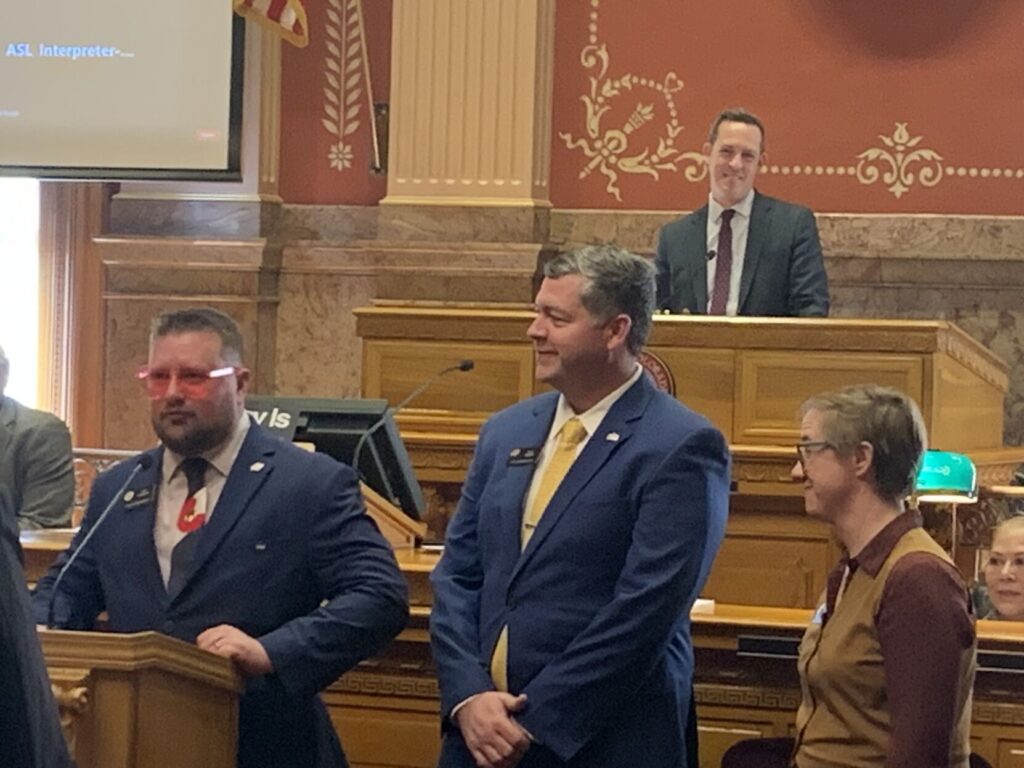The state’s new minimum wage will now go to work
Voters in 19 states, including Colorado, put some New Year’s cheer in the pockets of minimum-wage earners in November, with pay bumps taking effect either Dec. 31 or Jan. 1.
Colorado voters, by a 55-45 margin, raised the wage from $8.31 to $9.30 on Jan. 1, with automatic increases to $10.20 in 2018, $11.10 in 2019 and $12 an hour in 2020.
The District of Columbia and three other states have scheduled increases or an cost-of-living adjustments to being in July.
The Colorado chapter of an advocacy group called Business for a Fair Minimum Wage continues to rally supporters, saying it just makes good business sense, citing more consumer spending, lower employee turnover and more prodcutivity and customer satisfaction.
“Our business model is built on providing great products while improving the health of our land, our livestock and our people,” Mike Callicrate, owner of Ranch Foods Direct in Colorado Springs, said in a statement released by the organization.
“A fair minimum wage that not only allows people working full-time to take care of themselves and their families, but goes right back into local business coffers when those same workers spend their paychecks, makes good business sense. We supported Colorado’s ballot initiative (Amendment 70) because it will increase consumer buying power and strengthen our economy. We’re looking forward to seeing the benefits an increased minimum wage will provide in ..”
Colorado last approved a minimum-wage formula in 2006 $6.85 an hour on January 1, 2007, and required that the minimum wage be adjusted each year up or down based on inflation
The Colorado Department of Labor and Employment set the minimum wage each January. State law doesn’t allow local government in cities, where the cost of living is much higher, to pay set a separate, higher minimum wage.
A legislative analysis of a minimum-wage bill indicated those most likely to be paid more by an increase are retail salespeople, food service workers, child care workers, janitors and home health aides.
Opponents said a 44 percent hike in four years will be a steep tab for small businesses, ultimately costing jobs for the people the measure is meant to help, driving larger employers toward automation to eliminate low-skill jobs and bumping up inflation for all consumers.
“On the surface, Amendment 70 seems like a good idea that will raise the standard of living for the most disadvantaged in our society, but the negative consequences far outweigh any potential positive impact,” said El Paso County Commissioner Mark Waller, a former state legislator, in a guest column in the Colorado Springs Gazette in October.
According to Business for a Fair Minimum Wage, other states raising their hourly minimum wage are:
Seven states will provide annual cost of living increases:











